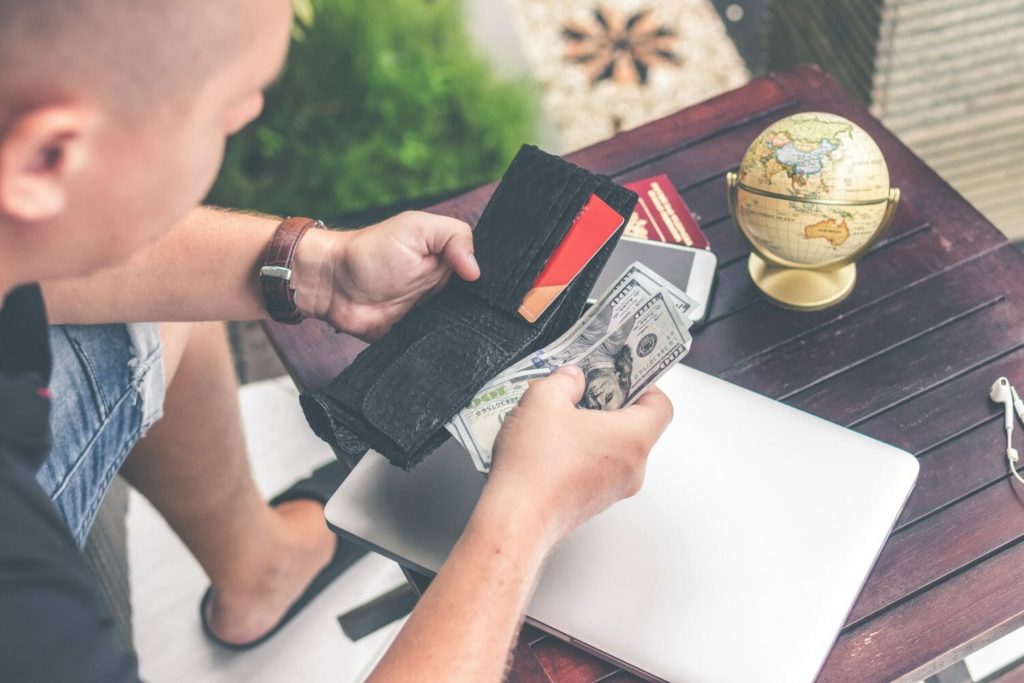It is pretty safe to say the state of the small dollar loan industry is in transition.
We could hardly blame you if you lost track of where things stand in the small dollar loan space. The nation’s three federal bank regulators, the Federal Deposit Insurance Corporation (FDIC), Federal Reserve Board, and Office of the Comptroller of the Currency (OCC) have recently agreed, per FDIC chairman Jelena McWilliams, to pursue a joint action on small dollar lending.
In recent years, most banks have been uneasy offering small dollar loans due to regulatory changes. However, the joint agency announcement may boost expectations and provide alternatives to predatory and similar high-cost loans.
We’d like to pile on those positive vibes and offer three benefits why community banks should invest in a small dollar loan program for their communities.
But first, let’s set the table. According to the Consumer Financial Protection Bureau (CFPB), more than 75 percent of loan fees come from borrowers who utilize 10 or more loans a year. Safe to say those same borrowers rack up such exorbitant rollover fees that the original purpose of the loan may as well be a memory. Thanks to these predatory lenders, borrowers likely fall into a debt trap so deep it could take them years to claw their way out.
Community banks have a great opportunity to offer their customers an affordable, dependable, and responsible small dollar loan program. With the oft-stated Federal Reserve statistic finding four in 10 Americans can’t afford a $400 emergency, it’s not a question of whether it’s a need for American consumers, it’s who is going to step up and deliver what the community needs when they need it.
In recent decades there are those who have declined the opportunity to offer short-term lending programs at their financial institutions due to the belief they aren’t cost-effective or fail to turn a profit. Whether your banks may or may not generate a lot of money for such services, they can still gain a lot in return.
Here are three reasons community banks should implement a small dollar lending program:
- Small dollar loans serve a need for a significant percentage of communities
By their very nature community banks are in the business of serving their local public and greater communities. So when 55 percent of Americans claim they’re just “financially coping”, its obvious communities are in great need of small dollar loans and products like them. Small dollar loans enable low- to moderate-income customers the ability to borrow smaller amounts of money, often as low as $500 to $1000, to take care of, say, a car repair they couldn’t otherwise afford at the time. Kentucky Bank in Paris, Kentucky, employs underwriting standards straight from the FDIC’s recommendations including allowing a FICO minimum of 195 to properly qualify for an unsecured small dollar loan (Independent Banker). Bank managers consider small dollar loans to be “a perfect solution for a customer that needs a small amount of cash.” Kentucky Bank did not employ small dollar loan programs for revenue. They onboarded the program to serve as a foundation for building and maintaining long-term relationships with their community through increased customer satisfaction and customer loyalty.

- Start ‘em early
While the unbanked and under-banked remain a central focus in the modern-day battle for financial wellness in the U.S., educating our youth to the banking assets available to them is equally, if not more, important to the present and future economic health of the country. And we have work to do; a U.S. Department of Education study found that 11.5 percent of college graduates from 2014 had loans in default; a National Financial Educators Council statistic has 40.2 percent of those with low levels of financial literacy relying on parents, friends, and acquaintances for their most important source for financial knowledge.
Depending on the age of the youth or young adults, some may have memories of the most recent financial crisis and have some pretty pointed thoughts on acquiring debt. Enabling community banks with the small dollar loan programs to help younger generations on their journey to financial wellness cannot be under-emphasized. While a small dollar loan program may sound contradictory to helping people become financially healthy, it’s often the first step that is needed to pull them away from the three-digit APRs offered by the predatory payday loan providers or pawn shops.
- Today’s small dollar lending fintech requires minimal supervision while saving time
For years the perception has been small dollar loan programs are “taboo” or not profitable for community banks. With fintech, that attitude is starting to change. Digital small dollar lending processes offer better efficiencies for banks. Automation can drastically reduce the time bank staff spends on application collection, review, and underwriting processes. Financial institutions have often equated small dollar and commercial loans with undertaking the same application and decisioning procedures. That logic fails when you make that small dollar loan process faster, easier, and more efficient with a fintech service like QCash Financial’s white-label automated platform.
Such automation, ease of use and access for customers gives them a reason to remain in-house instead of going to other entities. A Pew Charitable Trusts survey found that 81 percent of payday loan customers would prefer to borrow from a bank or credit union. The alternative gives the competitor the opportunity to get your customers’ information and up-sell them on other products and services. Community banks pride themselves on building and maintaining strong relationships with their communities. Digitizing the small dollar loan process doesn’t mean losing touch with customers but giving them the reasons and solutions they need to stick around. If nothing else, a good customer realizes and appreciates the upgrades their local community bank will make to improve their daily needs.
Community banks continue to represent a unique, locally-focused, and flexible kind of financial institution with which to offer the customer service, financial education, and financially-beneficial products necessary to serve their communities when they need it. These three benefits alone offer a world of growth and possibility. QCash Financial stands ready to help.






